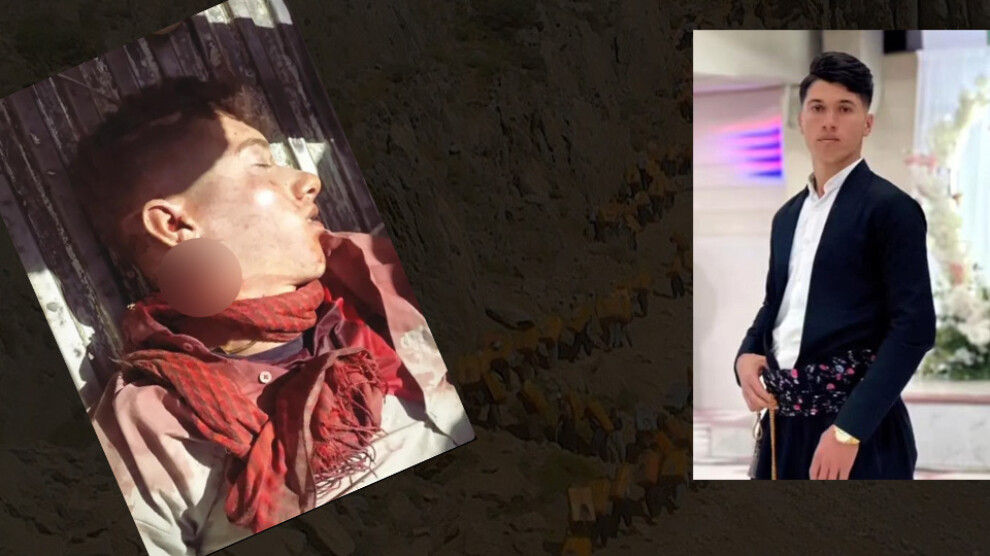Young kolbar shot dead, another seriously injured by Iranian border forces
Iranian regime forces continue their deadly attacks against Kurdish kolbars (load carriers) with impunity.
Iranian regime forces continue their deadly attacks against Kurdish kolbars (load carriers) with impunity.

Iranian border guards have opened fire on a vehicle carrying kolbars near the mountainous Zhalaneh region in Sarvabad, Kurdistan Province, killing kolbar Kourosh Moradi and seriously injuring Rizgar Vatan-Doust.
A source in Sarvabad confirmed the news to the Kurdistan Human Rights Network (KHRN) and said: “On the morning of 27 May 2025, a vehicle carrying several kolbars in the Zhalaneh border region of Sarvabad was fired upon by forces from the local border post. As a result, Kourosh Moradi, a 20-year-old kolbar from the village of Sepidar in Sarvabad, was killed instantly, and Rizgar Vatan-Doust was seriously wounded.”
The source added that the border forces opened fire at close range on the vehicle, which was not carrying any goods, en route to the border.
Moradi’s body has been transferred to a forensic medical facility in Marivan for examination.
Background
Eastern Kurdistan has descended deeper into poverty through the years due to deliberate policies by the Iranian regime and stands out as one of the poorest regions in Iran. Compared to other regions, the area has seen significantly less investment and development has been deliberately curbed. Agriculture and industry weren’t allowed to develop, and as a result, unemployment rose to the highest in Iran.
Faced with policies of discrimination, oppression and impoverishment, carrying smuggled goods is not a choice but a must for survival.
Kolbar comes from the Kurdish words, “kol” (back) and “bar” (load). Kolbars make their living carrying loads along the perilous borderline. Their loads include cigarettes, mobile phones, clothes, housewares, tea and seldomly alcohol. They walk through dangerous terrain to continue this trade between Southern and Eastern Kurdistan. The goods they bring are sold at high prices in Tehran, but the kolbars who risk their lives for them are paid very modestly.
The intermediaries who take the deliveries and find buyers in cities are called kasibkars. Kolbars and kasibkars range from 13 to 70 years old. Some only finished elementary school, while others are university graduates. They carry loads, because they can’t find any other employment.
According to the Kurdistan Human Rights Network, 51 Kurdish kolbars were killed and 246 others were injured by the Iranian regime in the border regions of Urmia, Bane, Serdasht, Pawe and Kermanshan throughout 2024.